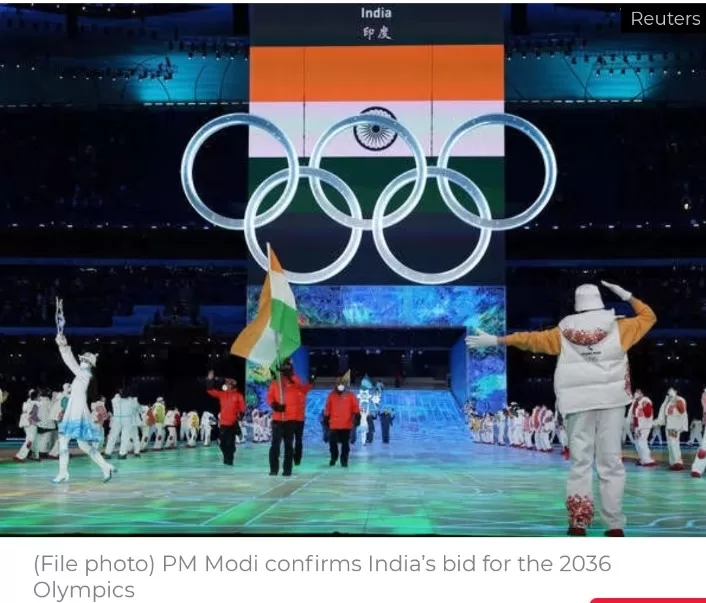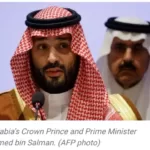In a momentous announcement, Prime Minister Narendra Modi has officially declared India’s bid for the 2036 Olympics. This proclamation was made during the 141st International Olympic Committee (IOC) session held on October 14. Notably, PM Modi also put forth India’s candidature for hosting the 2029 Youth Olympics, a competition tailored for athletes aged between 15 and 18 years.
“India will leave no stone unturned in our efforts to organize the Olympics in India in 2036. This is the age-old dream of 1.4 billion Indians; it is their aspiration,” stated Modi. India is set to compete with a minimum of 10 countries, including Poland and Indonesia.
However, hosting the Olympics is a formidable undertaking. It necessitates rigorous selection processes and a substantial financial commitment.
As of now, all slots for hosting the Olympics have been allocated up to 2032. The next available opportunity for the Summer Games is in 2036. The selection process will commence post-2025, following the Summer Olympics 2024 in Paris and the 2028 edition in Los Angeles. Brisbane has already secured the rights to host the 2032 games.
The bidding procedure initiates with the National Olympic Committee (NOC) of the interested nation submitting an official ‘letter of intent’ to the IOC. In India’s case, this responsibility falls on the Indian Olympic Association (IOA). This preliminary stage is exploratory and non-committal in nature.
The IOC manages a Future Host Commission, led by Kolinda Grabar Kitarovic, which regularly reports to the IOC and aids its Executive Board (EB) in the decision-making process. The process also involves “continuous dialogue,” with the commission visiting the interested countries.
Progressing beyond this stage, preferred host nations advance to “targeted dialogue,” where they discuss a specific edition of the Games they are interested in hosting. Each preferred host is required to submit an “initial submission” in the form of an in-depth “IOC Future Host Questionnaire.” This document covers various aspects, including digital engagement, games concepts, legacy, sustainability, finance, marketing, and venue planning.
Ultimately, the countries submit a final proposal based on this questionnaire, accompanied by recommendations from the Future Host Commission. The host city is elected through a majority vote in a secret ballot.
The Cost of Hosting the Olympics
Hosting the Olympics is a multi-billion-dollar endeavor. The host nation must meet specific guarantees set by the IOC, primarily regarding venues, sustainability, and infrastructure. Apart from sports facilities, there’s a need to develop non-sports infrastructure, including accommodations and public transportation. The estimated cost of this infrastructure can range from $5 billion to $50 billion.
Moreover, stringent security measures are required following past incidents, such as the Munich massacre in 1972. The relationship between the host country’s government and the NOC also plays a pivotal role in the IOC’s decision.
Economic Benefits of Hosting the Olympics
Despite the considerable costs, hosting the Olympics can bring substantial economic benefits. The majority of the budget is invested in creating and upgrading infrastructure that continues to benefit the country long after the Games have concluded. Increased global branding, trade, foreign investment, and tourism are among the potential long-term gains.
However, it’s essential to manage these investments judiciously, as economic benefits vary depending on how wisely the funds are used. Hosting the Olympics can lead to cost overruns and financial challenges if not carefully planned and executed.
India’s informal bid for the 2036 Olympics allows ample time for comprehensive business and economic planning, should the bid prove successful. Hosting the Olympics is a significant opportunity, but it comes with great responsibilities and substantial investments.




